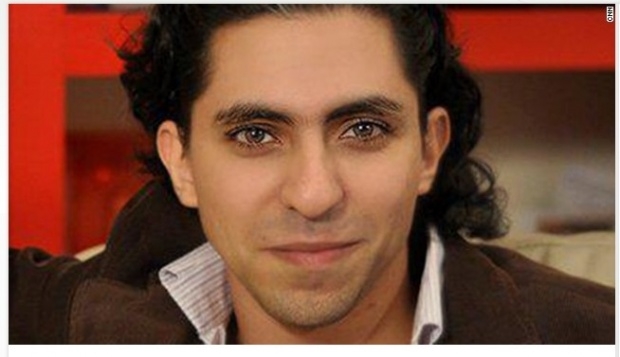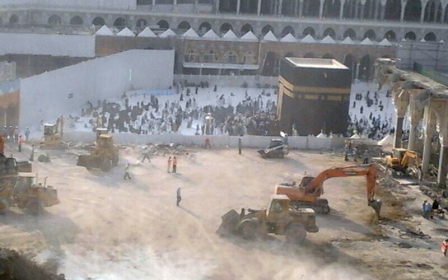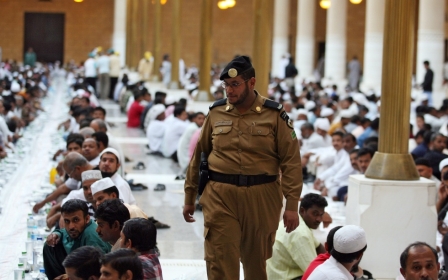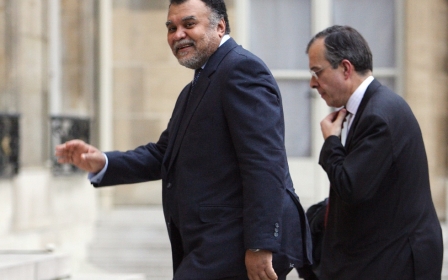Saudi Arabia attempts to silence NGO at Human Rights Council

Saudi Arabia repeatedly interrupted an American NGO at an extraordinary meeting of the UN Human Rights Council on Monday, as the organisation read out a statement criticising their imprisoning of a man on charges of atheism and running a liberal online forum.
The Center for Inquiry, a US non-profit advocating secular and humanist values, was stopped from speaking on three occasions by the delegation from Saudi Arabia who protested against their raising of specific incidents of alleged human rights abuse.
The case raised was that of Raif Badawi, co-founder of the Saudi Arabian Free Liberals website, who was sentenced to 10 years in prison, 1,000 lashes and a $266,000 fine in May. He was convicted of violating Islamic values and slurring Saudi Arabia’s religious symbols, which drew the ire of Amnesty International who described the ruling as “outrageous”.
The Center criticised Badawi’s conviction at the Council, saying “Mr Badawi is a prisoner of conscience who is guilty of nothing more than daring to create a public forum for discussion and peacefully exercising the right to freedom of expression,” which prompted the Saudi delegation to interrupt the statement.
“We believe that what is being said by this organisation is completely outside of the mandate of this report,” said a Saudi delegate, adding “we request that they stop their intervention.”
Four member states, including the United States, then responded to the intervention, supporting the right of NGOs to raise specific human rights cases during Council sessions.
“The United States firmly believes that accredited NGOs must be permitted to speak in the Council, though member states including the United States, may occasionally disagree with the content of NGO statements,” said an American representative. “It is essential that civil society voices be heard in an atmosphere of open expression,” they added.
The Irish, French and Canadian delegations added support to the American statement, which allowed the Center for Inquiry’s spokesperson to continue speaking and call for Badawi’s conviction to be quashed.
“We call on Saudi Arabia, as a newly elected member of this council, to release Raif Badawi immediately and unconditionally, and drop any pending charges against him and others for ‘blasphemy’, ‘insulting Islam’, or ‘apostasy’,” the spokesperson said. “As an elected member of this Council, Saudi Arabia is obliged to ‘uphold the highest standards in the promotion and protection of human rights’ and ‘fully cooperate with the Council’,” they added.
A second interruption from Saudi Arabia brought a brief halt to proceedings, with the representatives saying they had to “insist” on silencing the NGO because “the accusations…vis-à-vis Saudi Arabia are unacceptable and we…absolutely refuse this object being addressed”.
Vice-President of the Council Katerina Sequensova rejected the delegation’s request and “encouraged Saudi Arabia to use the right of reply to address the statement”, which they subsequently refused.
The session was brought to an end with a third interjection, with the Saudi delegation responding to questions about its credibility as a Council member by saying it had been elected with 160 votes.
On Tuesday Director of Public Policy at the Center for Inquiry told MEE the incident has backfired on Saudi Arabia and proved a good time for his organisation to raise their human rights concerns.
“It doesn’t look good for Saudi Arabia,” said Michael De Dora. “By trying to silence us, and looking a bit desperate in doing so, they have actually caused more attention to be given to the statement we were delivering.”
“The timing of this incident couldn’t have better because we have been trying to attention not just to Raif’s case but to his lawyer’s, Waleed Abu al-Khair, who will be put on trial this Thursday facing charges of disobeying the King in relation to his human rights work,” he added.
Waleed Abu al-Khair is a well-known human rights advocate and lawyer who was arrested on 15 April for running an unauthorised rights organisation, the Monitor of Human Rights in Saudi Arabia, which he founded in 2009.
Dora questioned the motivation for Saudi Arabia to join the Human Rights Council, to which it was elected for a two-year term in November last year.
“Saudi Arabia’s membership of the Council is in no way indicative of their commitment to upholding human rights and nowhere has their government expressed that they really care about human rights,” he said.
The oil rich Gulf State has recently stepped up a crackdown on political activity in the Kingdom. Anti-terror legislation that came into effect in February controversially banned all forms of dissent, declaring atheism to be an act of terrorism and banning all calls for political reform.
Saudi officials were unavailable for comment on Tuesday, after attempts to reach their UN delegation went unanswered.
New MEE newsletter: Jerusalem Dispatch
Sign up to get the latest insights and analysis on Israel-Palestine, alongside Turkey Unpacked and other MEE newsletters
Middle East Eye delivers independent and unrivalled coverage and analysis of the Middle East, North Africa and beyond. To learn more about republishing this content and the associated fees, please fill out this form. More about MEE can be found here.




